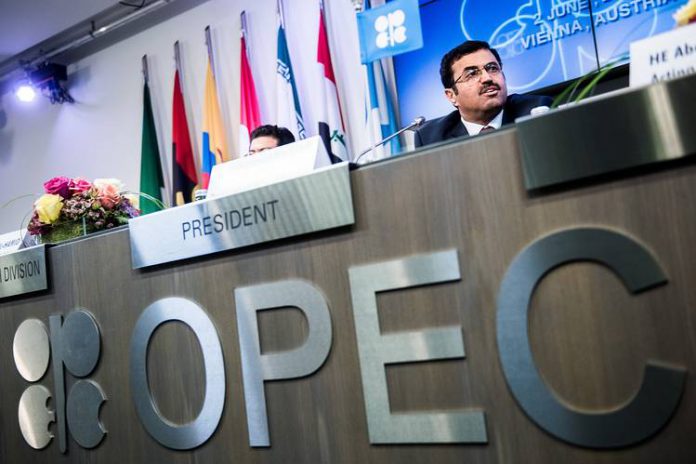Oil prices rose nearly 10 percent overnight, after the Organization of the Petroleum Exporting Countries agreed its first output cut in eight years on Wednesday.
The agreement had been under discussion for several months, in order to tackle a supply glut which saw oil prices fall by more than 50 percent since 2014. Tensions between Saudi Arabia, Iraq and Iran cast doubts on the success of yesterday’s discussions but proved to be unfounded as OPEC president Mohammed Bin Saleh Al-Sada announced the agreement yesterday.
Mr Al-Sada said current market conditions were “counterproductive and damaging to both producers and consumers”, and were neither “sustainable nor conducive in the medium- to long-term.”
He continued to say that OPEC “has decided to reduce its production by around 1.2 mb/d to bring its ceiling to 32.5 mb/d, effective 1st of January 2017.”
“The duration of this agreement is six months, extendable for another six months to take into account prevailing market conditions and prospects.”
Non-Opec countries will also be expected to reduce production by 600,000 barrels a day, although it was left open as to which countries may participate. Russian President Vladimir Putin has recently expressed solidarity with the OPEC agreement, and may be prepared to cut 300,000 barrels from its output of more than 10 million barrels a day.
“This agreement comes from a sense of responsibility from Opec member countries and non-Opec member countries for the general well-being and health of the world economy,” Mr Al-Sada said.
“The reflation trade continues to work in earnest, this time Trump has taken a back seat and OPEC and Russia have taken the initiative and lit the fuse under the oil price,” wrote Chris Weston, chief market strategist at IG in Melbourne.
Brent Crude is far from the 12-year low of $27 seen in January, but still less than half of their 2014 prices.
WTI Crude is currently up 0.12 percent on the day at $49.50 per barrel, with Brent Crude up 0.21 percent at $51.95 per barrel (0858GMT).

